As a librarian of going on 15 years I have always held libraries in the highest regard. They serve as time capsules, they excite and inform and they give us a look into the past so we can design our future. As they say, we don’t want to reinvent the wheel, nor do we want to reinvent the atomic bomb. Our destruction lies in our ignorance, so it is of utmost importance that history be preserved. And right now, the accurate teaching of history is being challenged. Just today an executive order was released that gives specific instructions on “patriotic education.”
From “Ending Radical Indoctrination in K-12 Schooling”
(b) “Discriminatory equity ideology” means an ideology that treats individuals as members of preferred or disfavored groups, rather than as individuals, and minimizes agency, merit, and capability in favor of immoral generalizations, including that:
(i) Members of one race, color, sex, or national origin are morally or inherently superior to members of another race, color, sex, or national origin;
(ii) An individual, by virtue of the individual’s race, color, sex, or national origin, is inherently racist, sexist, or oppressive, whether consciously or unconsciously;
(iii) An individual’s moral character or status as privileged, oppressing, or oppressed is primarily determined by the individual’s race, color, sex, or national origin;
Make no mistake that books will be pulled from the shelves at schools and libraries across the country, so that means that personal libraries will again become important. I say, again, because before Black people in America were allowed to patronize public libraries they shared their personal libraries with the community. It was personal living rooms that gave access to Black literature. Because Black people were shut out from public literary life they have often been excluded from the literary “canon”. I mean to stop that. With the help of my community of readers I have compiled a list of 50 essential titles. They include poetry and romance, memoirs and stage plays some written in the 19th century and some published just last year. Now this is my list, curated using my personal expertise. You can take it as you will.
The raw list can be found here. But here are the top 5 most popular.
The Bluest Eye by Toni Morrison
In Morrison’s acclaimed first novel, Pecola Breedlove—an 11-year-old Black girl in an America whose love for its blond, blue-eyed children can devastate all others—prays for her eyes to turn blue: so that she will be beautiful, so that people will look at her, so that her world will be different. This is the story of the nightmare at the heart of her yearning, and the tragedy of its fulfillment.
This one will break your heart and I’ve tried to curate this list so that it doesn’t prioritize Black pain, but doesn’t shy away from the realities of Black life in America either. If you’ve never heard of the 1940 Kenneth and Mamie Clark Doll Tests, watch this video about the study that was introduced as evidence that segregation was mentally harmful to Black children. You’ll need that perspective to really understand Pecola and the lasting legacy of colorism in America.
Their Eyes Were Watching God by Zora Neal Hurston
Ships at a distance have every man's wish on board. For some they come in with the tide. For others they sail forever on the same horizon, never out of sight, never landing until the Watcher turns his eyes away in resignation, his dreams mocked to death by Time. That is the life of men.
Now, women forget all those things they don't want to remember, and remember everything they don't want to forget. The dream is the truth. Then they act and do things accordingly.”
If you’re lucky you got to read this in an AP Literature class in high school, if not, you may have never heard of it. In any case, I view it as the quintessential heroes tale. It is THE great American novel that follows a Black woman in the 1930’s as she comes of age, marries and explores what it is to be favored for her hair and skin tone, but not known until a handsome much younger man sweeps into town.
Parable of the Sower by Octavia Butler
This book has been hitting bestseller lists lately because of how prescient it is in how America is responding to the 21st century. Some are calling Butler a prophet or some sort of oracle for how accurate her depictions of the fall of democracy in America are, but she would say that she is just observant. It tells the tale of a woman in Los Angeles in one of the remaining “safe neighborhoods” in the country. America has become a wasteland beset by climate change disasters, drugs and disease. It’s technically science fiction, but reads more like a memoire these days.
When global climate change and economic crises lead to social chaos in the early 2020s, California becomes full of dangers, from pervasive water shortage to masses of vagabonds who will do anything to live to see another day. Fifteen-year-old Lauren Olamina lives inside a gated community with her preacher father, family, and neighbors, sheltered from the surrounding anarchy. In a society where any vulnerability is a risk, she suffers from hyperempathy, a debilitating sensitivity to others' emotions.
Precocious and clear-eyed, Lauren must make her voice heard in order to protect her loved ones from the imminent disasters her small community stubbornly ignores. But what begins as a fight for survival soon leads to something much more: the birth of a new faith . . . and a startling vision of human destiny.
The Fire Next Time by James Baldwin
Much like the books of the bible The Fire Next Time is a collection of two letters written at the centennial of the Emancipation Proclamation. It implores Black and White Americans to attack the legacy of slavery head on.
Life is tragic simply because the earth turns and the sun inexorably rises and sets, and one day, for each of us, the sun will go down for the last, last time. Perhaps the whole root of our trouble, the human trouble, is that we will sacrifice all the beauty of our lives, will imprison ourselves in totems, taboos, crosses, blood sacrifices, steeples, mosques, races, armies, flags, nations, in order to deny the fact of death, the only fact we have. It seems to me that one ought to rejoice in the fact of death--ought to decide, indeed, to earn one's death by confronting with passion the conundrum of life. One is responsible for life: It is the small beacon in that terrifying darkness from which we come and to which we shall return.
The 1619 Project by Nikole Hannah Jones
White Americans desire to be free of a past they do not want to remember, while Black Americans remain bound to a past they can never forget.
This book was initially a series of articles in The New York Times and was so controversial it sparked a wave of anti-CRT bills across the country. As I write this blog post I am working under such a bill. Teachers and librarians are asked not to be divisive and not to present the idea that laws and practices in America have been written with the purpose to discriminate against people of color in America, even though it may be very true and argued to be sow with facts. This book details exactly how pervasive discriminatory laws are and how they affect the everyday lives of Black people in music, medicine and even real estate acquisition.
If you would like to purchase these I have created a buy list at Bookshop.org where you can purchase the physical books or the ebook from a Black Owned Bookstore. Today’s Bookstore is The Bookworm in Powder Springs, GA.

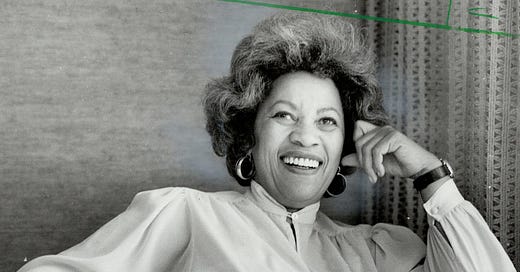


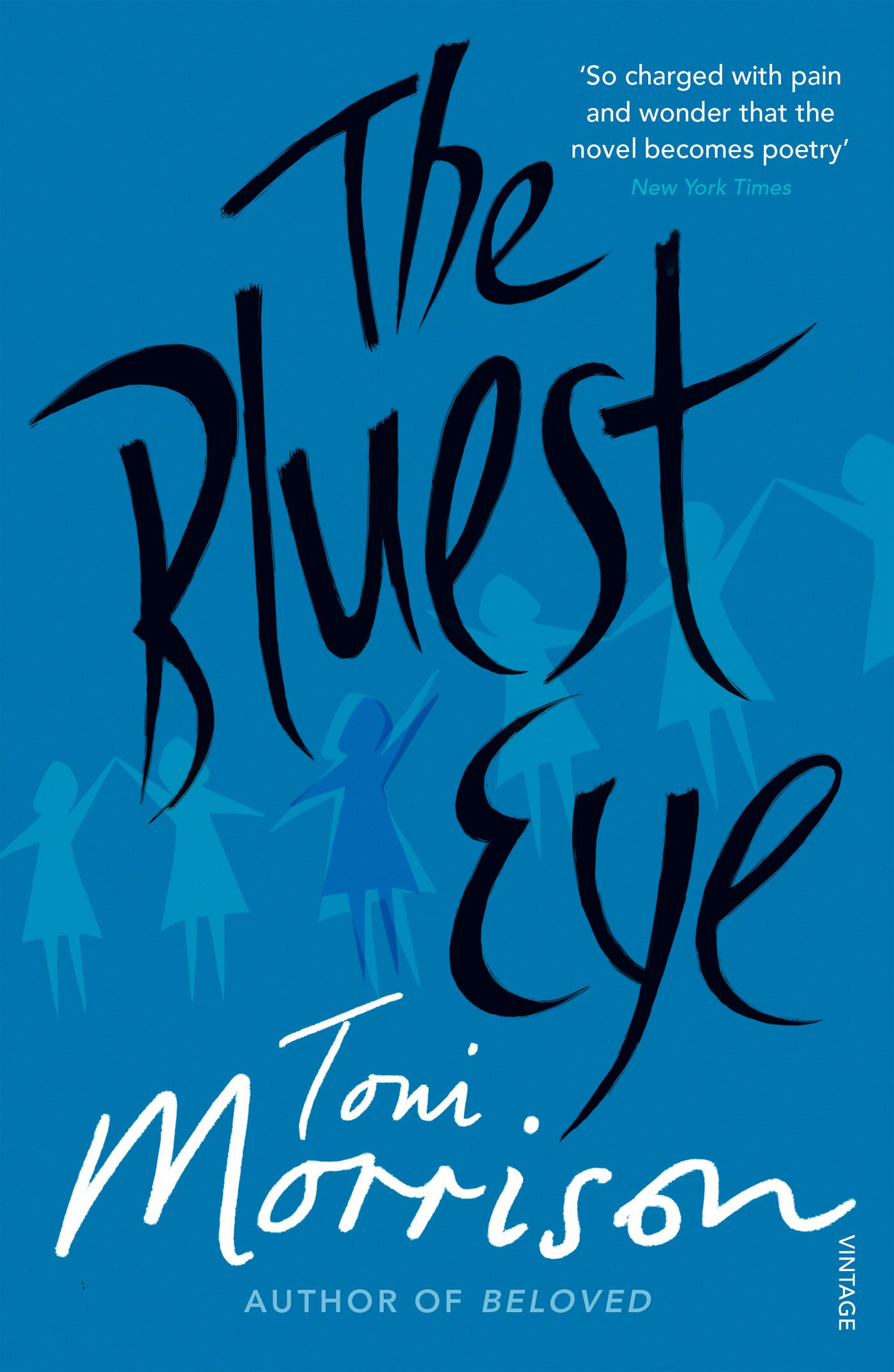
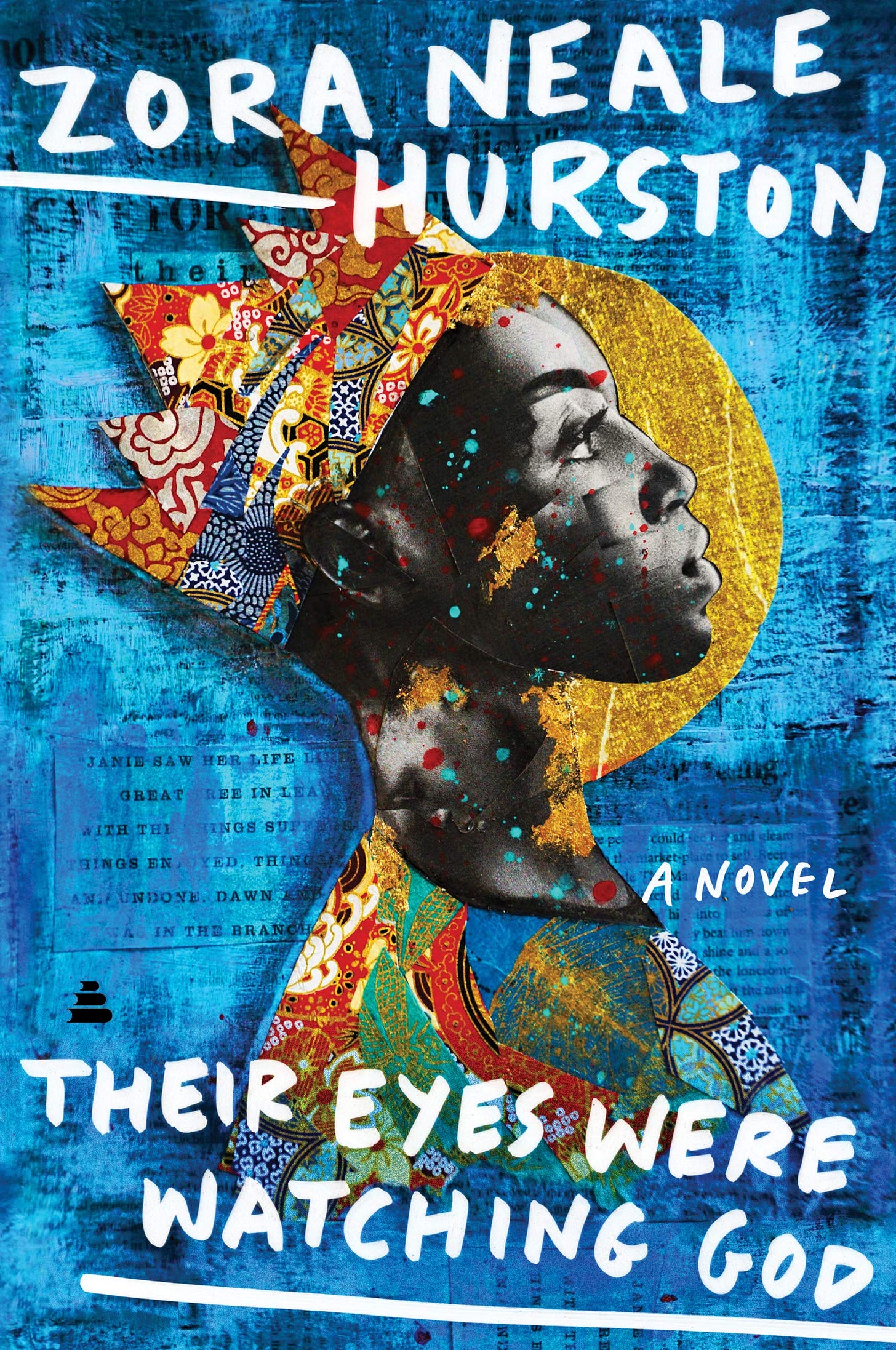
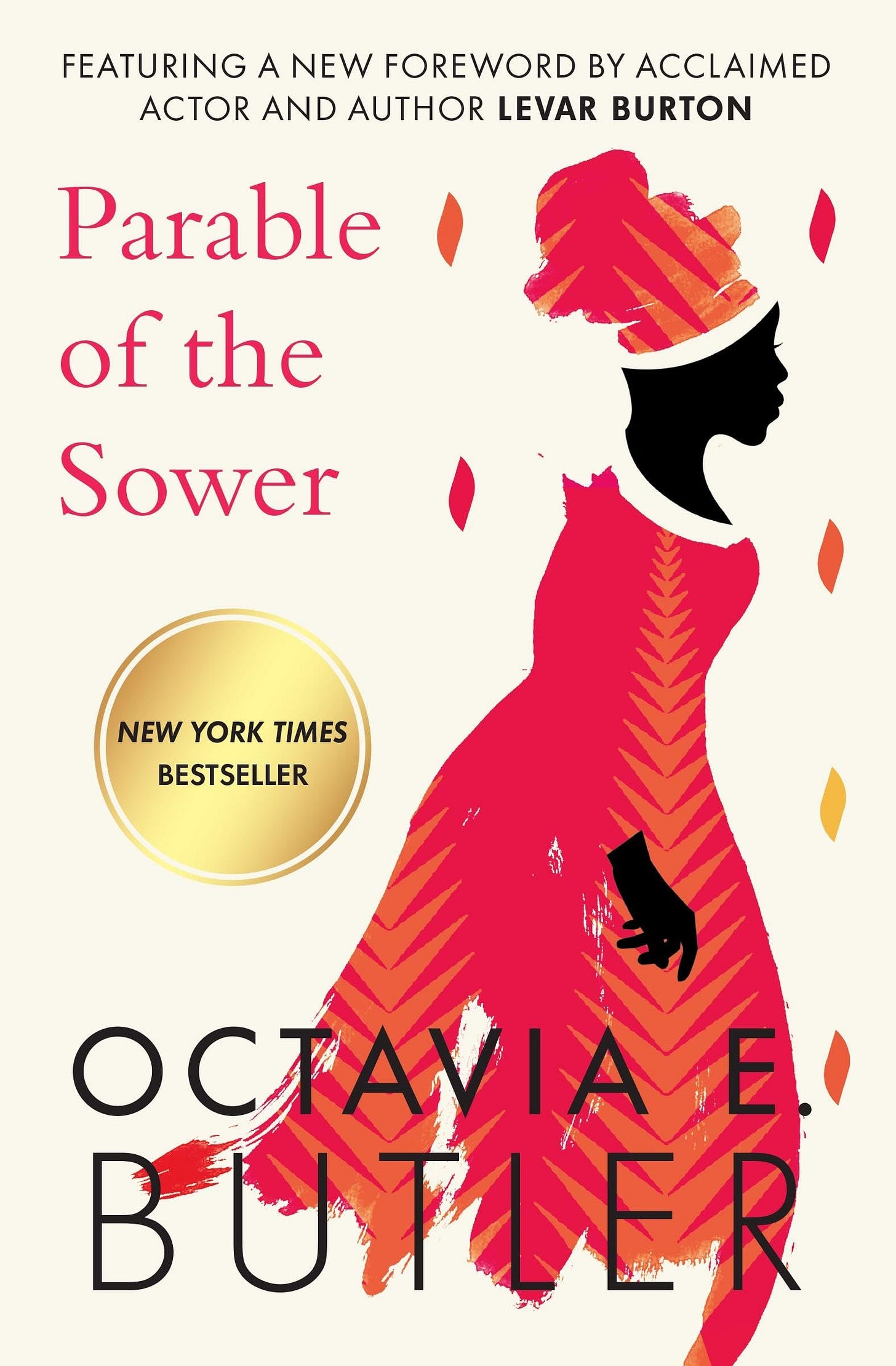
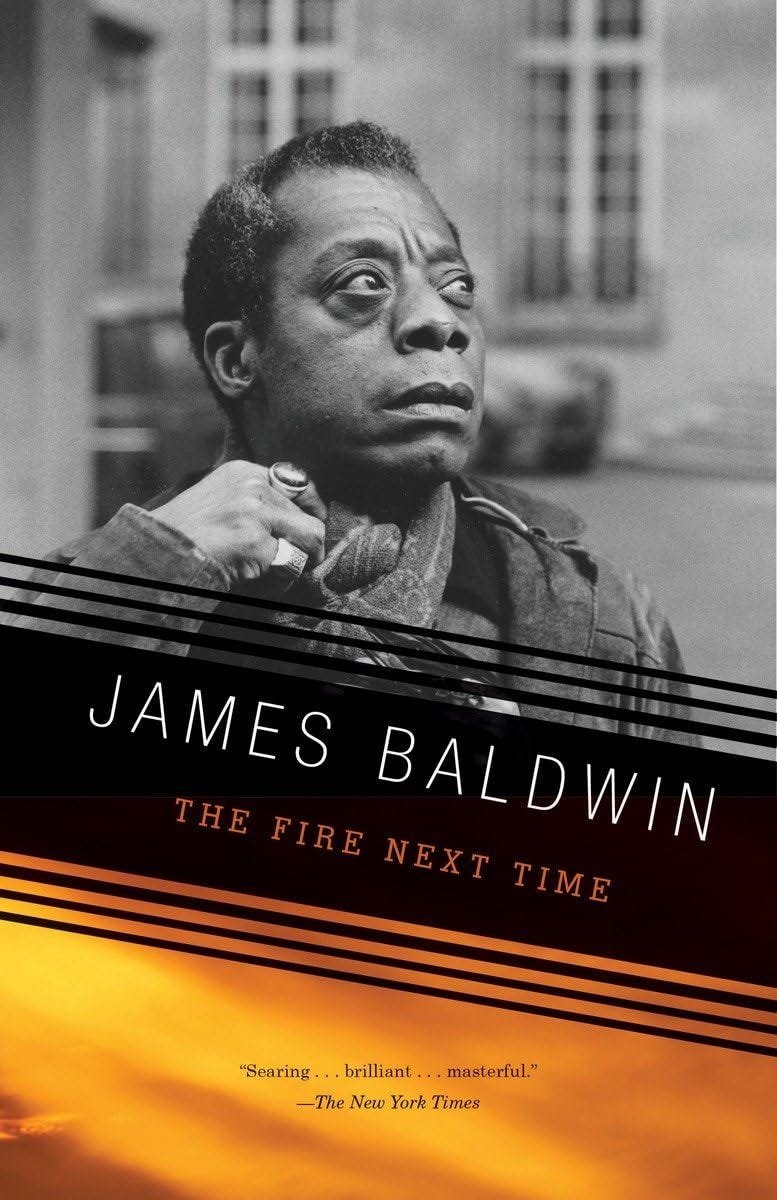
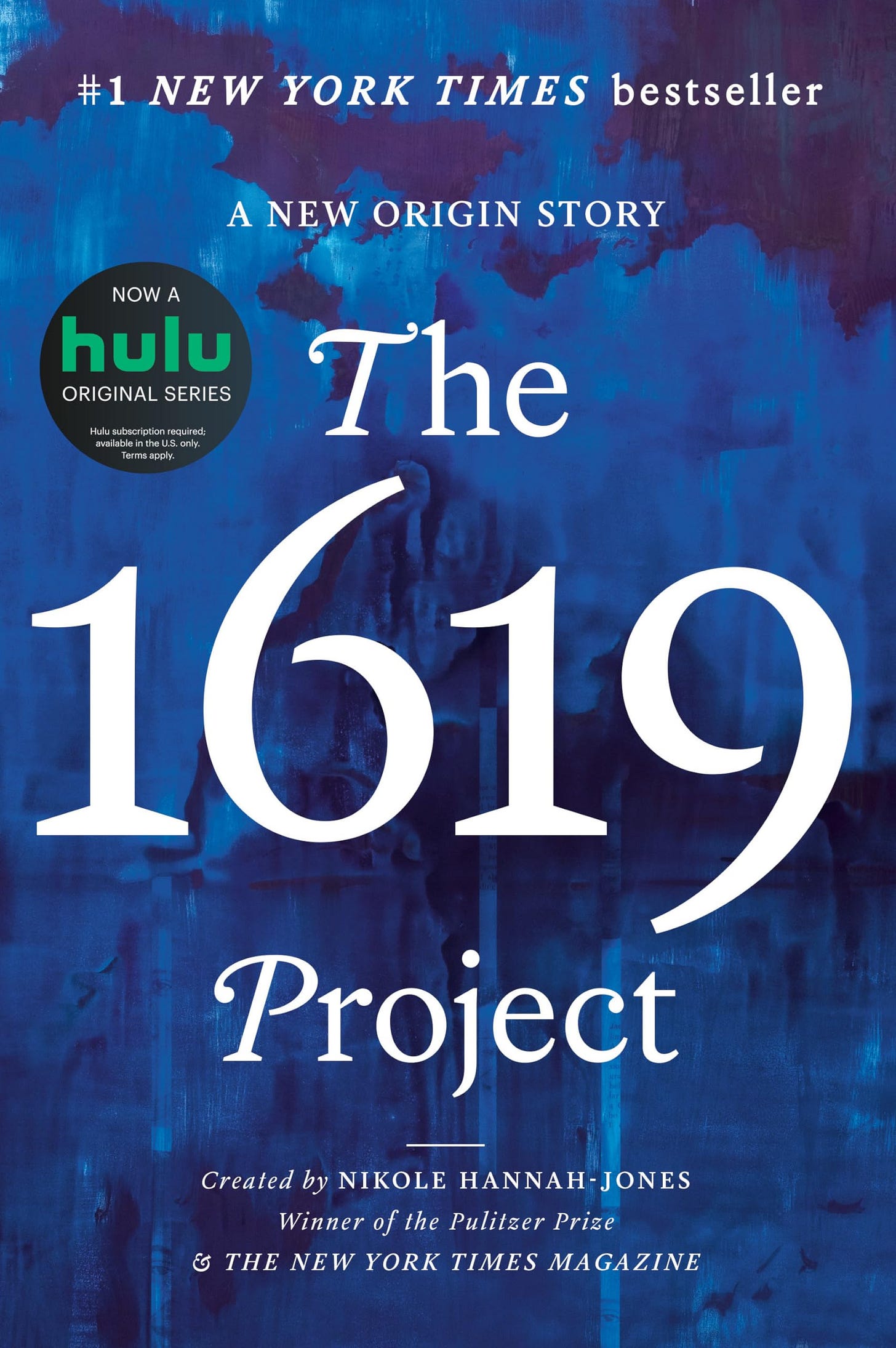
Looking at the full list and I just noticed The Dead Emcee Scrolls is included! I feel like this book appeared in a fever dream because I never hear people speak about it, but it was so seminal for me in my early poetry writing days. A favorite to this day, shout-out to Saul Williams. Also, I'm reading Song of Solomon as we speak and almost finished.
Thank you. Taking time to read more. Knowledge is power. I personally refuse to allow the legacy of my ancestors to die. Like they we will tell our stories to our children of our people though oppressed found courage to move forward despite the pain.